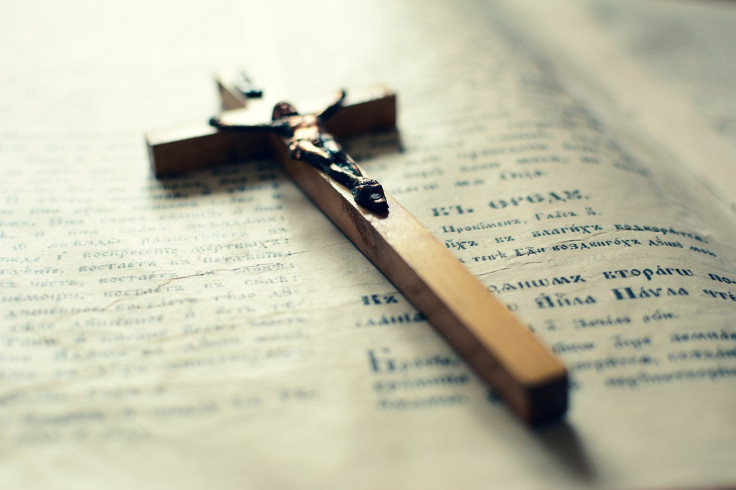
President Daniel Ortega-led administration on Sunday released Catholic bishop Rolando Álvarez along with 18 other clergy members, who had been imprisoned for more than a year.
Nicaragua's government handed over the freed bishop and other clergy members to the Vatican authorities. In a press release, the government said that they were freed as a part of negotiations with the Vatican aimed at "making possible their trip to the Vatican," AP News reported.
Álvarez was imprisoned for criticizing religious freedom conditions in Nicaragua and was placed on house arrest on Aug. 4, 2022. After almost 15 days, he was arrested from his residence and presented to the court in December of that year.
The court charged him with "conspiracy" and "spreading false news," as per the United States Commission. He was also accused of damaging the Nicaraguan government and society. Last year, the court sentenced him to 26 years in prison.
The government disclosed that the freed prisoners also included Bishop Isidoro Mora.
Mora's release came after the United Nations Office of the High Commissioner for Human Rights earlier this month asked the Nicaraguan government to reveal the former's whereabouts.
"We urge the government of Nicaragua to urgently report the whereabouts of Bishop Mora, a victim of forced disappearance for 16 days. Concealing this information and isolating him from his family and legal representatives puts his life and personal safety at risk," the United Nations office said on Jan. 5, as per Catholic News Agency.
The statement was released after Nicaraguan police arrested Mora on Dec. 20, making him the second bishop to be arrested under President Ortega and his wife, Vice President Rosario Murillo.
In October, Nicaragua had released a dozen Catholic priests, who were imprisoned for different charges. The arrest of religious leaders began after 2018 massive anti-government protests.
These protests started due to social security reforms proposed by Ortega's government. The changes in reforms affected social security contributions and benefits, which made people dissatisfied.
The protest gradually turned into a movement against Ortega's government, where protesters spoke about political repression, alleged human rights abuses, corruption, and the concentration of power in the hands of the ruling party.
In response, the government cracked down on protesters and arrested many using security forces, leading to further unrest in the country.
© 2025 Latin Times. All rights reserved. Do not reproduce without permission.







